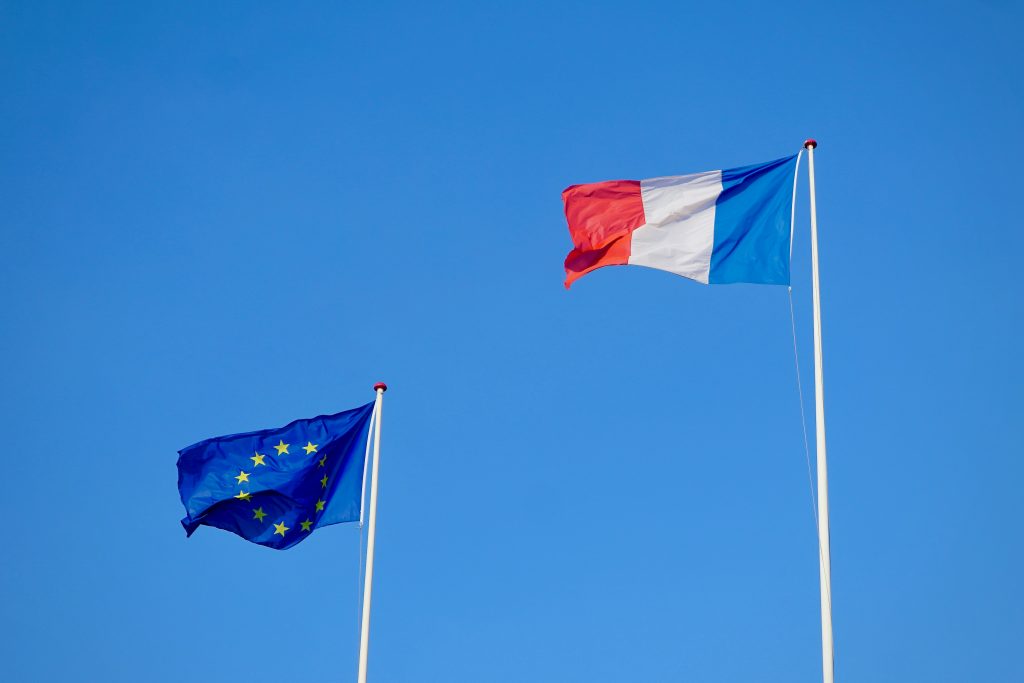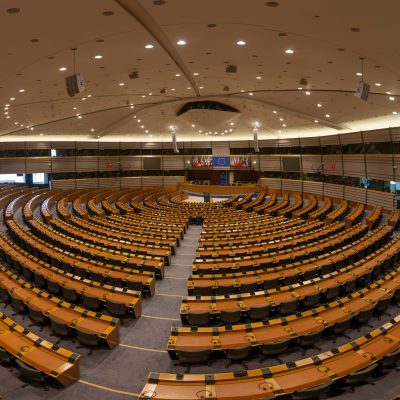[FR] Enlargement of Europe: some consequences for France

On 9 October, France seemed to suddenly realise that enlargement was imminent when it read the European Commission’s report, which estimated that 10 countries (Poland, Hungary, the Czech Republic, Slovakia, Slovenia, Latvia, Lithuania, Estonia, Cyprus and Malta) could join the European Union in 2004 and that two others would have to wait until 2007 (Romania and Bulgaria). The announcement of the Franco-German compromise on the eve of the Brussels Council of 24 and 25 October only reinforced the impression that important decisions affecting the future Community budget were being taken in haste.
Yet enlargement was planned at the Copenhagen Summit in June 1993, and it was with full knowledge of the facts that our Heads of State agreed in Berlin on the 2000-2006 financial package, in Helsinki on Turkey’s candidacy, in Nice on institutional reform and in Laeken on the Convention. The fact is that, once the enthusiasm surrounding the fall of the Berlin Wall had died down, the ‘deafening silence’ on enlargement denounced in 2000 by E. Landaburu1 was rarely broken. Regular opinion polls conducted by the European Commission on the subject of enlargement show that the French population remains sceptical. France ranks last among the Fifteen and is now the only European country where opponents outnumber supporters of enlargement.
Therefore, lagging far behind our neighbours, there is a pressing need to explain exactly what is at stake, allay unfounded fears and find solutions tailored to the real problems. Numerous converging analyses suggest that future enlargement will have major direct and indirect consequences for both the current Member States and the candidate countries. However, although the path ahead may seem well marked out, some uncertainties remain. These uncertainties justify the opening of a broad debate to anticipate the political – and not just technical – responses that still need to be developed.




